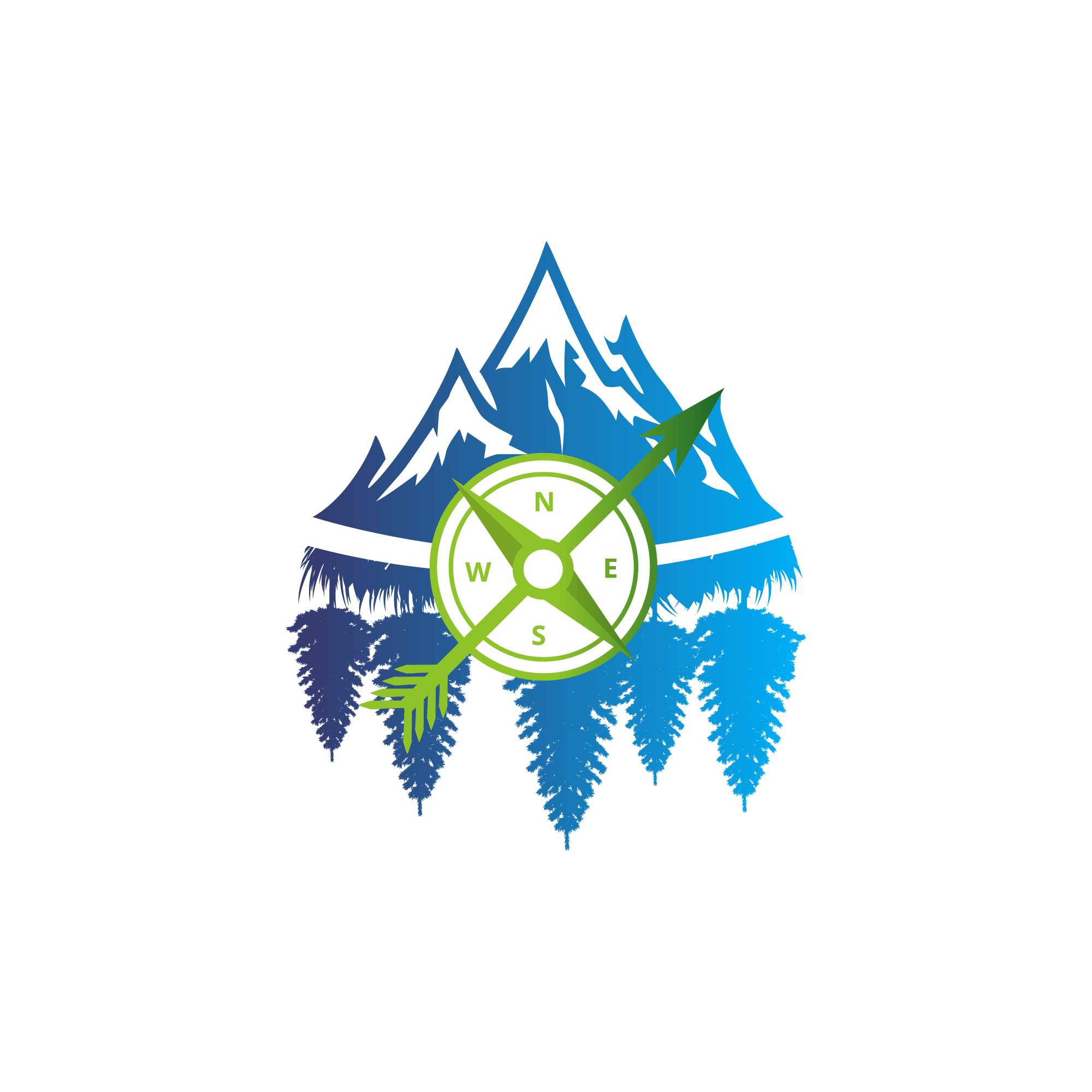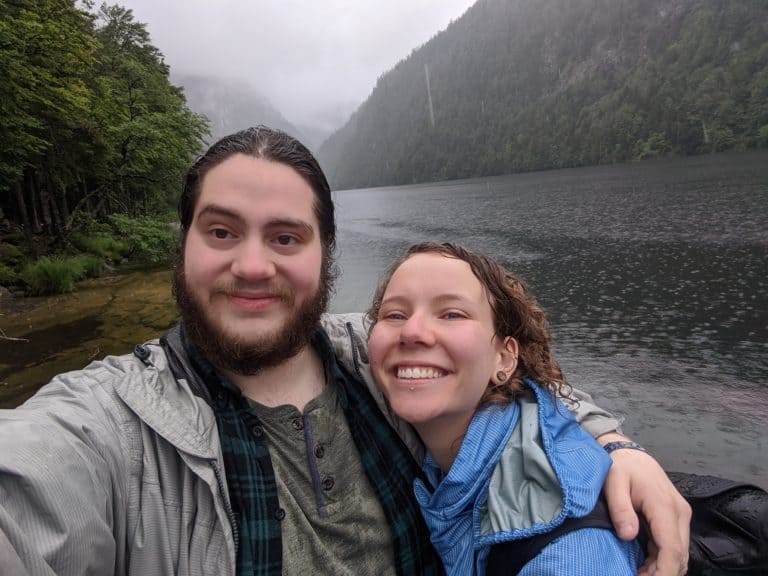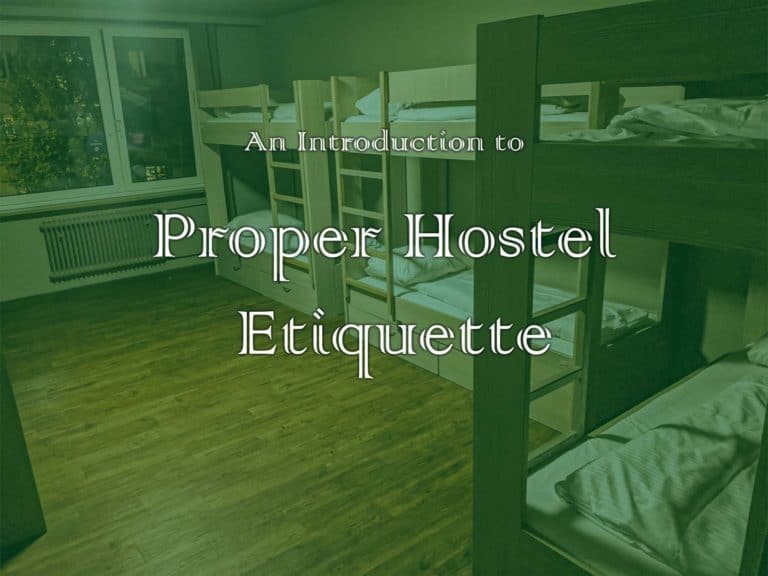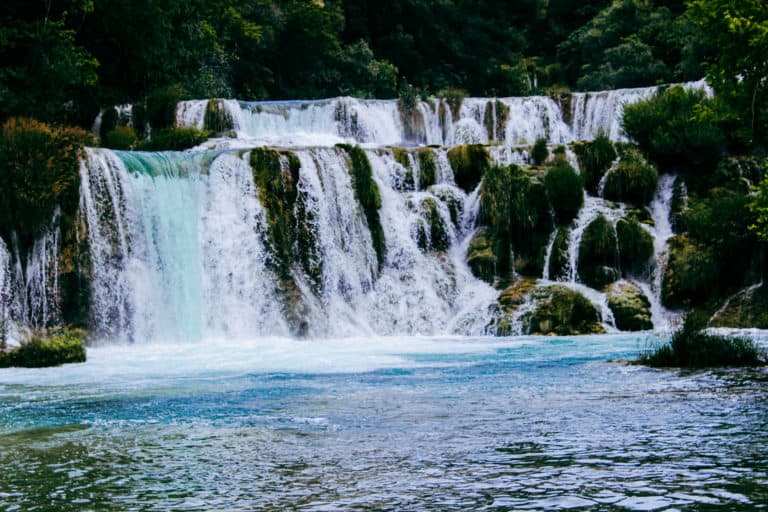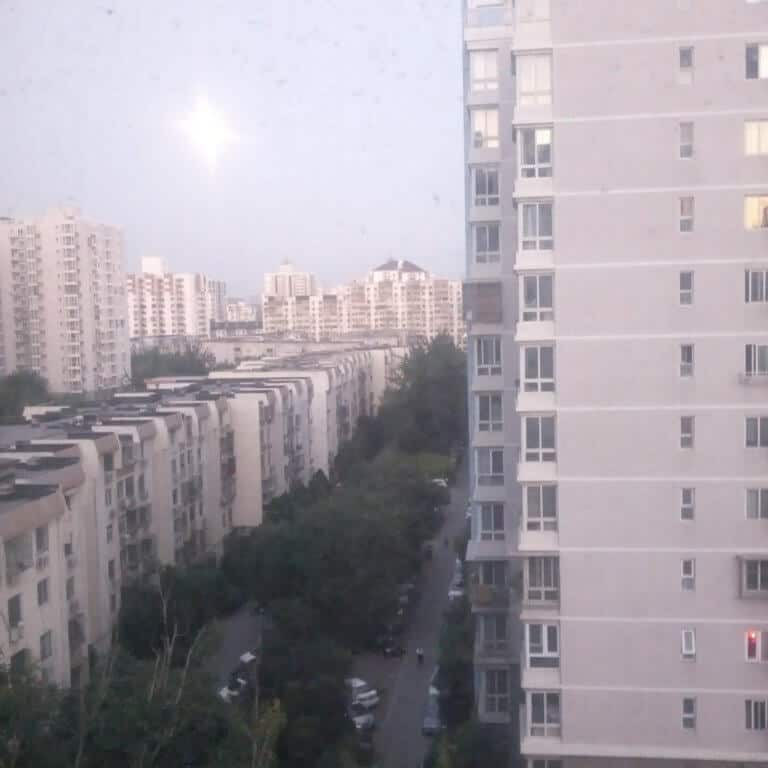Contents of Post
This post may contain affiliate links, and yes, I may earn a small commission when you click on the links. However, that is at no additional cost to you. Please refer to our Terms of Use and Privacy Policy pages if you would like more information.
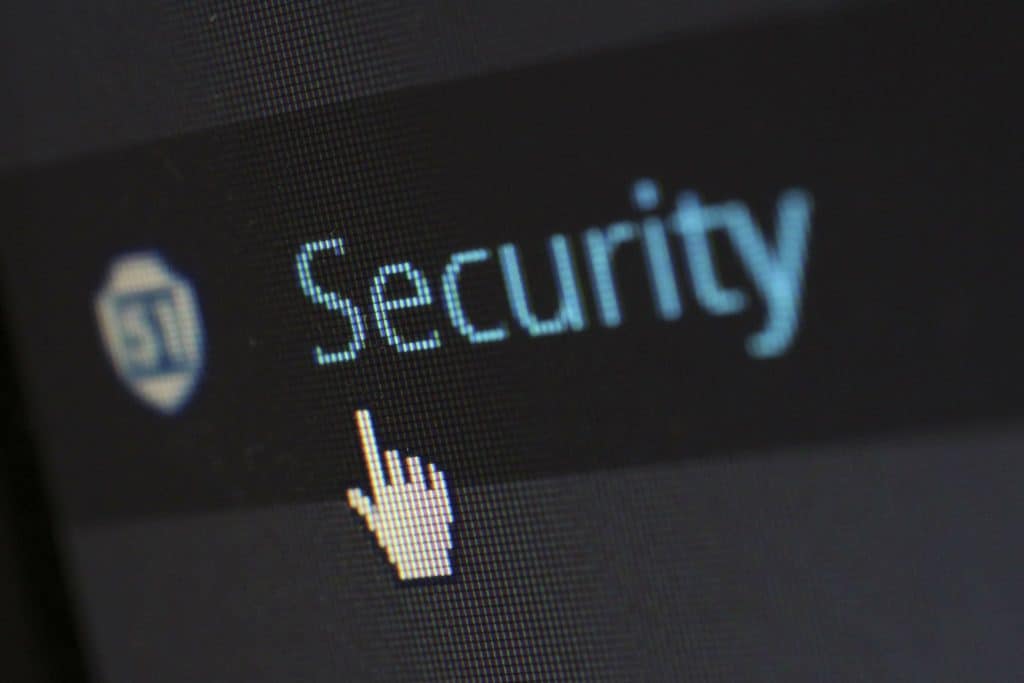
Since the invention of the internet, personal security has been an issue of major concern to a lot of people. I remember growing up, my parents were constantly pressuring me about giving out personal information online and the dangers that could possibly ensue.
Yet that was back when the internet was just starting to flourish. These days, everybody freely clicks yes to their data and information being used and stored without a second thought. I mean isn’t the biggest lie in the world that “I have read the terms and conditions”?
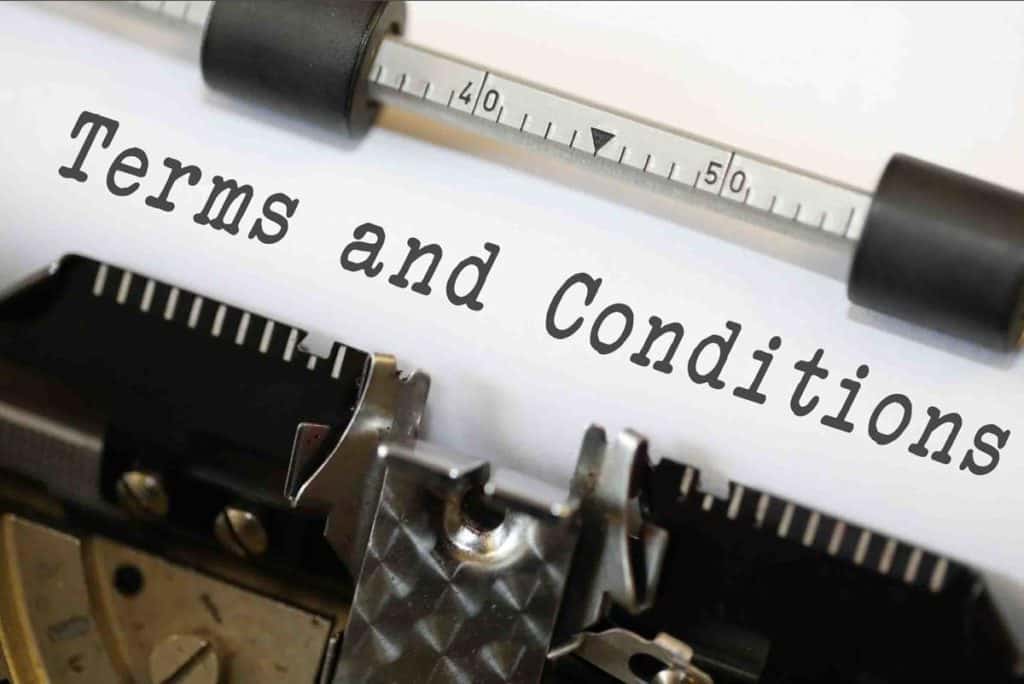
Not many people these days really worry about protecting their personal information online anymore. As a matter of fact, I have friends who freely give their information out when talking to people online; to the point where one even gave her address out with the promise of someone sending her a free cheesecake!
Luckily nothing bad happened to her, and two weeks later my lovely editor sent her a homemade cheesecake; of which I’m still incredibly jealous and would like one as well. Yet that isn’t always the case when it comes to not being cautious online. As of the start of 2020, there is a cyber-attack every 29 seconds (source). Phishing attempts rose 600% since the end of February, and 64% of Americans have never checked to see if they were affected by a data breach. As the world becomes more digital and remote work becomes more common, the need for online security has, and will, become significantly more important.
To learn how this journey started click here
Results of my Discussions with Experts.
In my research into this subject, I got the amazing opportunity to sit and chat with some experts in the security field. I wanted to pick their brains about how the average person could better protect themselves in this technologically growing world.
The majority’s belief was that with Covid-19 online security has become more important.
“Just like the pandemic made us completely rethink our hygiene as humans we also need to re-evaluate and adapt our digital hygiene as well. With any crisis, natural disaster, and now pandemic, bad actors try to exploit anything that is sensitive or that we as humans have heightened awareness about.”
With the arrival of all of the Coronavirus tracking apps that are supposedly being rolled out all over the world, there were some very divided opinions. The handling of personal information, especially of the medical variety, in the states especially is regarded with the utmost importance and therefore it is being met with some skepticism.
“I believe technology used for the right purposes is beneficial. In this aspect using the app not to track your location or feed you advertisements but to solely keep a database of ID’s of potential exposure would be beneficial.
This would allow health officials to proactively track and mitigate hot spots bubbling up. The real question in my mind is how is it regulated, who controls it and who has access to it. But you can’t ask me my opinion on those questions.
If you think about it people voluntarily give information to facebook, instagram, linkedin, and the 100’s of other social media sites out there that do track you, your location etc. and it is given away for free and has created multi billion dollar organizations (facebook). However I think this coronavirus contact app would be viewed in a very negative way by the general public because there is a lack of trust, lack of transparency on things like this and inevitably information that shouldn’t be gathered is likely to be gathered.”
So with those things having been said; I definitely wanted to get information on how the average person can be more safe and more secure online. This is the response I received:
“It really comes down to basics, and you are your own worst enemy. When we train our clients whether it be general cyber security, HIPAA training, etc, the end users are the biggest threat due to lack of training and not paying attention to detail. Some basics are (not an exhaustive list)
1.1phishing emails, don’t click on links, go to the website and log in. For example if amazon sends you an email with a link to your account, just go to amazon.com and log in, do not click the link
2. Don’t get suckered into scams, there have been a ton of COVID scams cropping up everywhere
3. Social Engineering is another big one, basically people pulling information out of you over the phone, or claiming to be someone they are not. Always be sure who you are talking to.
4. Enable multi factor authentication on any account that will support it”
And from another:
“Make sure you are constantly updating and changing your passwords. Make sure that they are safe, secure and very difficult to crack. Not just your dog’s name with a few numbers”
As an avid user and recommender of VPNs, I made sure to ask their thoughts on them. The answers definitely varied and I was both surprised and not surprised by the answers they gave.
“They help, but are not a fool proof solution”
“They are great, but are not the first or last line of security”
“With the huge uprise in remote workers they are essential for companies that want to maintain security with any employees that could be remote linking into company networks”
I want to once again give a heart-filled thanks to those who helped me with this. Including, but not limited to Mahbob Saif. Unfortunately, a few people asked me not to reveal their names due to the nature of their jobs. I appreciate everyone who took the time out of their day to answer the questions I had on this topic. Your wisdom and experience are greatly appreciated. I could not have done this without you.
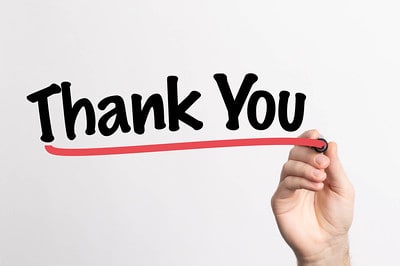
For 7 ways you can make money while on the road click here
Why I recommend a VPN.
*I want to start this portion off with the disclaimer that this recommendation is mine and mine alone. *
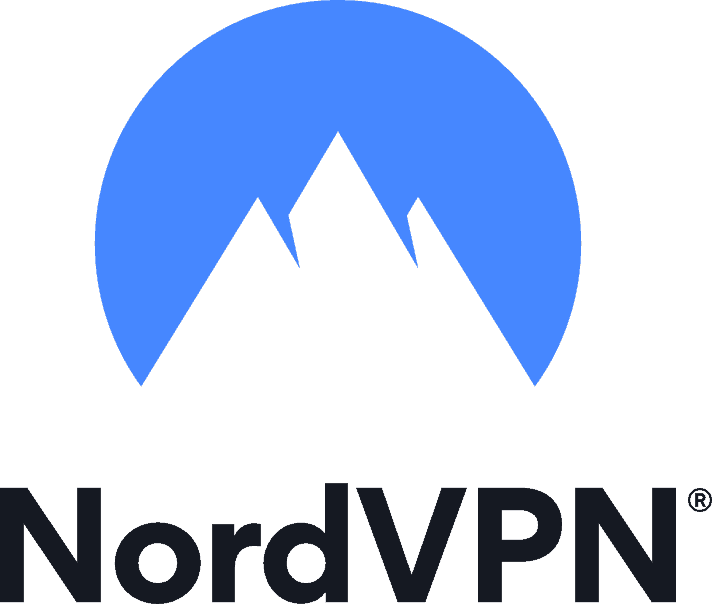
After spending a large amount of time in China, where having a VPN is an absolute necessity to access most western websites, I have gotten very attached to my VPN. Since coming back out to the west I have found a myriad of other uses for mine. After much trial and error, I found that NordVPN has worked the best for me. Both in North America and Asia.
First and foremost is the whole security issue. I will not open any banking or other sensitive information unless I am on my VPN. No matter what network I’m on. Private, public or data. With NordVPN being located in Panama, which has no data retention laws, they guarantee and follow a strict no-logs policy to ensure users’ privacy and security, Military-grade AES-256-GCM encryption. Not to mention the availability of double encryption servers. There’s is a huge security guarantee that you can really put faith in.
The second is the convenience factor. Between the 24/7 customer support, Cybersec which blocks dangerous websites and annoying ads, customizable kill switch which can shut down individual processes or the internet connection it really makes things easy. Not to mention the 30-day money-back guarantee and the fact you get to use the VPN on 6 devices per account. How can you really go wrong?
Third is something that will appeal to most people. You can get around region locks. Does the US, Canadian or British Netflix have a show that your home country doesn’t? Use a VPN to get around the region lock and be able to watch that show. I definitely find myself doing this to watch a little bit of Criminal Minds in the evenings.
If you are interested in getting VPN or want to learn more about it check out NordVPN here.
In Conclusion
When it comes to online security you can never really be too safe. Every extra layer of security can help you maintain a safe Internet presence. Whether it’s changing your password frequently, using multi-factor authentication, a VPN, or login in on the website instead of clicking on links in emails you should do everything you can to maintain your safety and security online.
What steps are you taking to keep yourself and your information secure? Let us know below!
